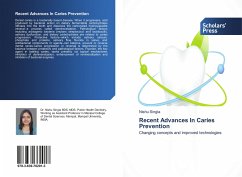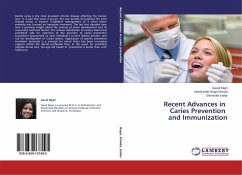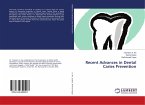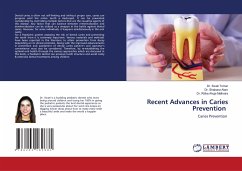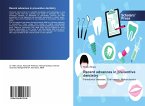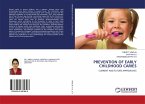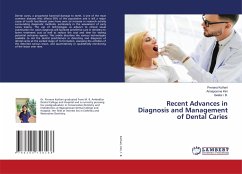Dental caries is a bacterially based disease. When it progresses, acid produced by bacterial action on dietary fermentable carbohydrates diffuses into the tooth and dissolves the carbonated hydroxyapatite mineral--a process called demineralization. Pathological factors including acidogenic bacteria (mutans streptococci and lactobacilli), salivary dysfunction, and dietary carbohydrates are related to caries progression. Protective factors--which include salivary calcium, phosphate and proteins, salivary flow, fluoride in saliva, and antibacterial components or agents--can balance, prevent or reverse dental caries.Caries progression or reversal is determined by the balance between protective and pathological factors. Fluoride, the key agent in battling caries, works primarily via topical mechanisms: inhibition of demineralization, enhancement of remineralization and inhibition of bacterial enzymes.
Hinweis: Dieser Artikel kann nur an eine deutsche Lieferadresse ausgeliefert werden.
Hinweis: Dieser Artikel kann nur an eine deutsche Lieferadresse ausgeliefert werden.

